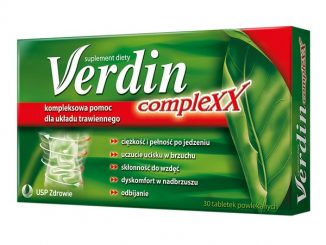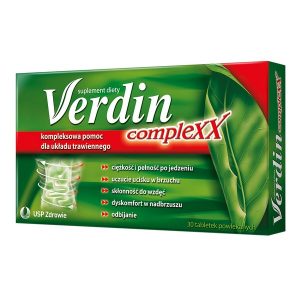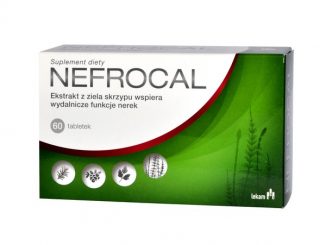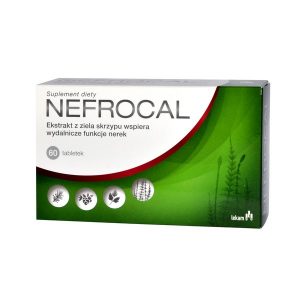The properties of Rosemary
Rosmarinus officinalis (common name is Rosemary in English, رزماری in Persian, Romero in Spanish and روزماري in Arabic) is native in the Mediterranean area(1090).
In an open-label trial, the effects of rosemary extract have been assessed in patients with osteoarthritis (OA), rheumatoid arthritis (RA), and fibromyalgia during 4 weeks; hs-CRP (an index for inflammation presence) was decreased noticeably in patients who had demonstrated augmentation in this index; by the way, reduction in inflammation related to pain score was observed during the treatment but remission has not occurred in fibromyalgia scores(1091). There is evidence that confirms anti-inflammatory potential of R. officinalis in molecular scope; according to this, rosmarinic acid could disturb complement system activation easily by inhibiting C3b attachment; the dose required for making this effect is very low (34 µM)(1092). Furthermore, rosemary's extract has shown gastroprotective action against gastric ulcer, even better than Omeprazole; this advantage is because of inhibition activity of rosemary in neutrophils infiltration and reduction in proinflammatory mediators: TNF-α and IL-1(1093).(1069)































































